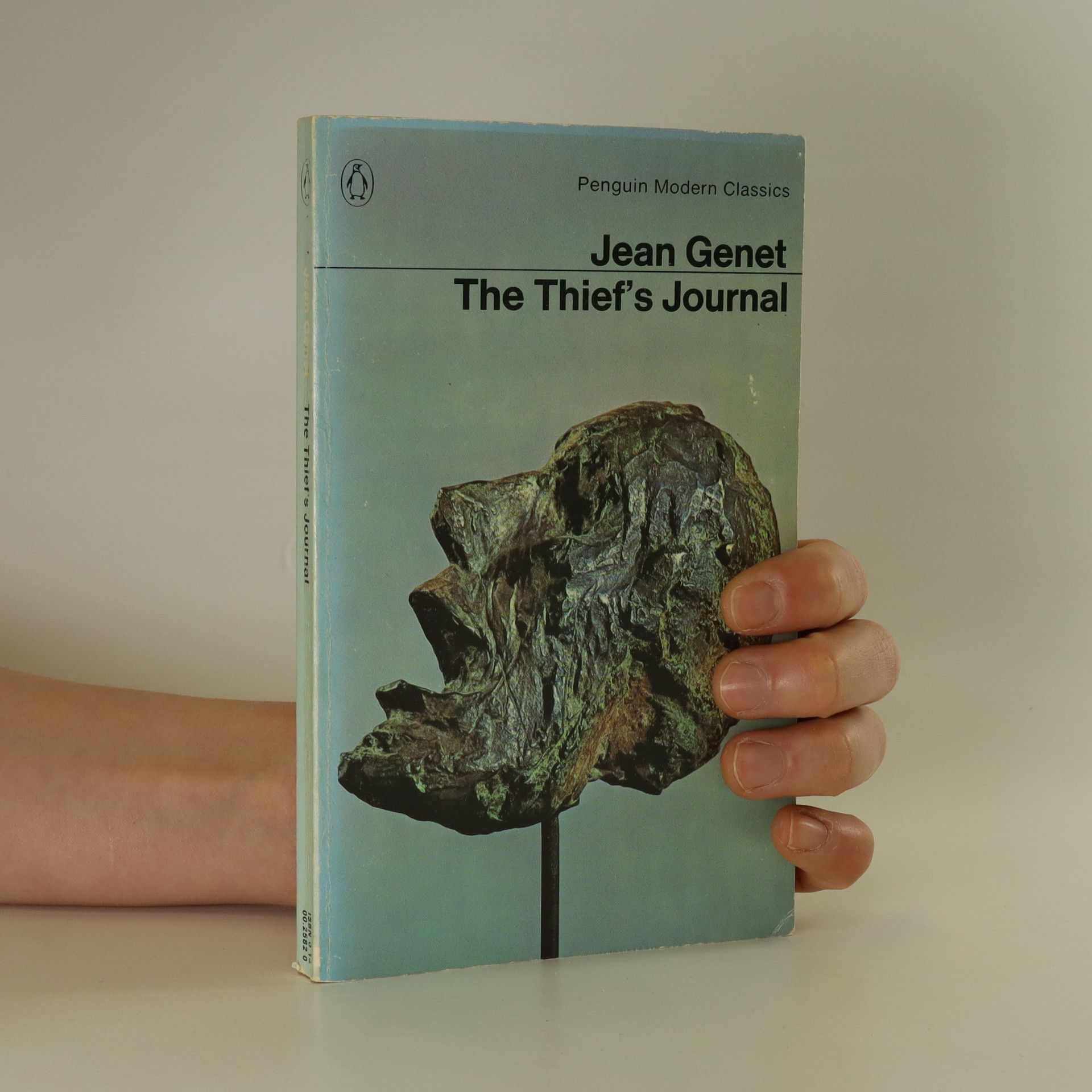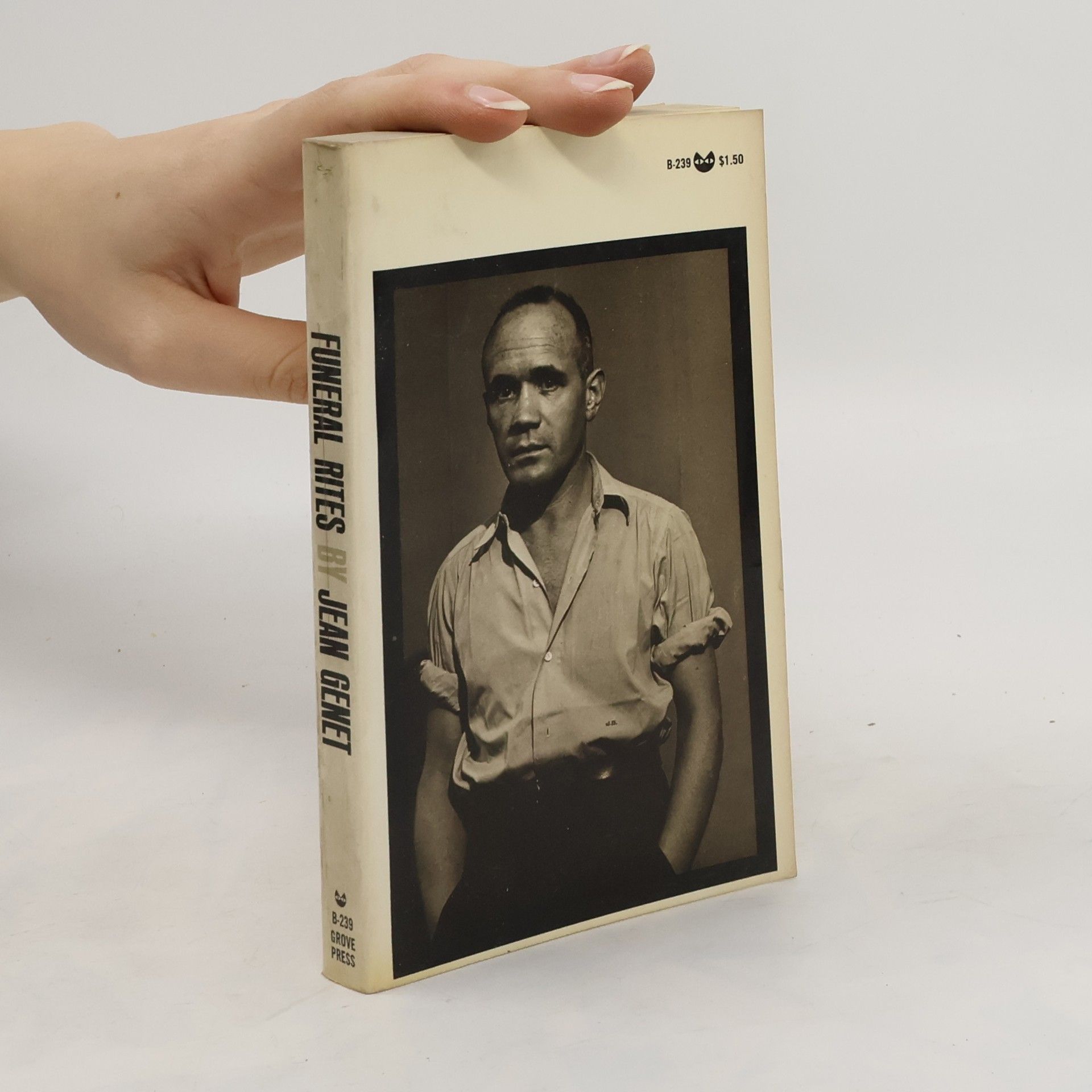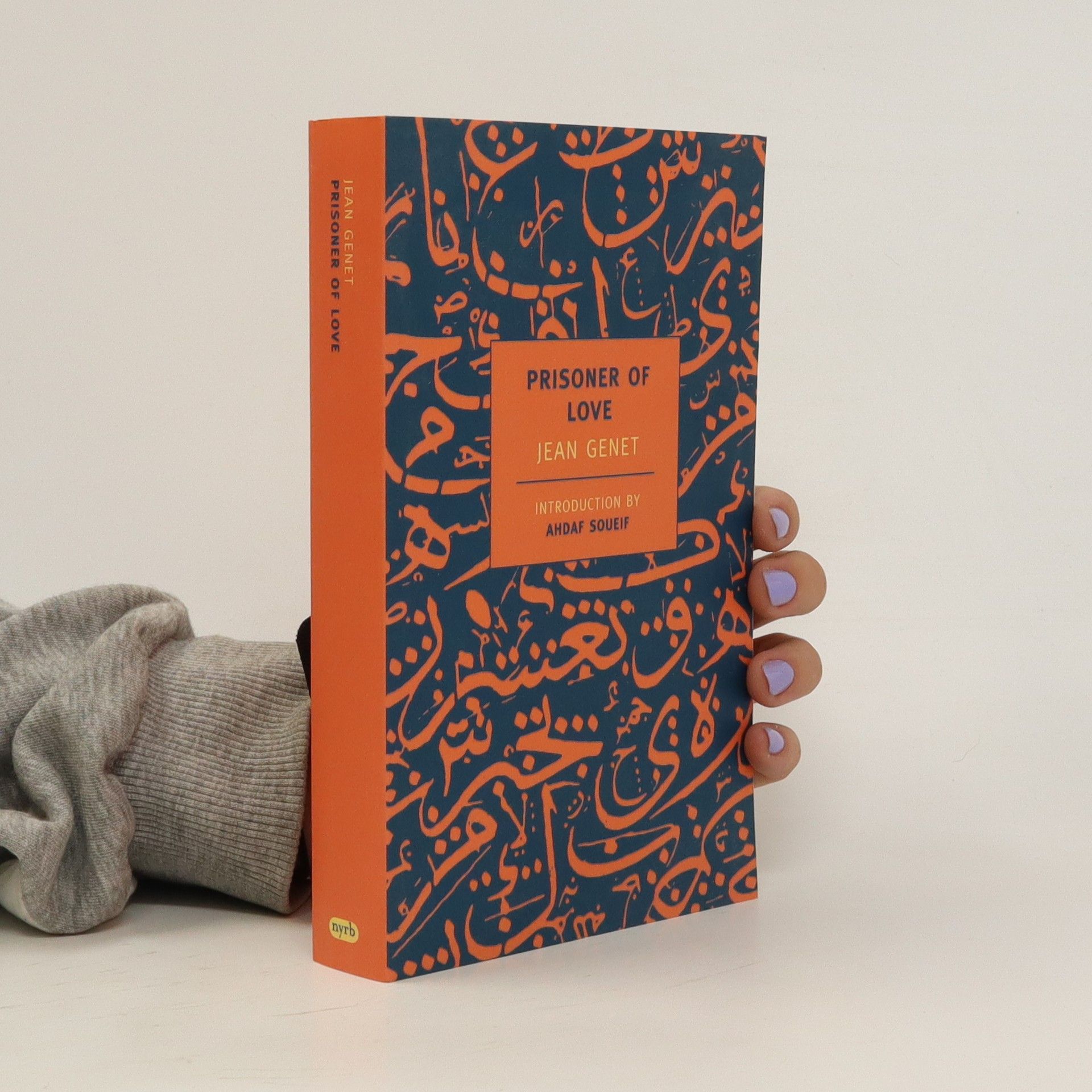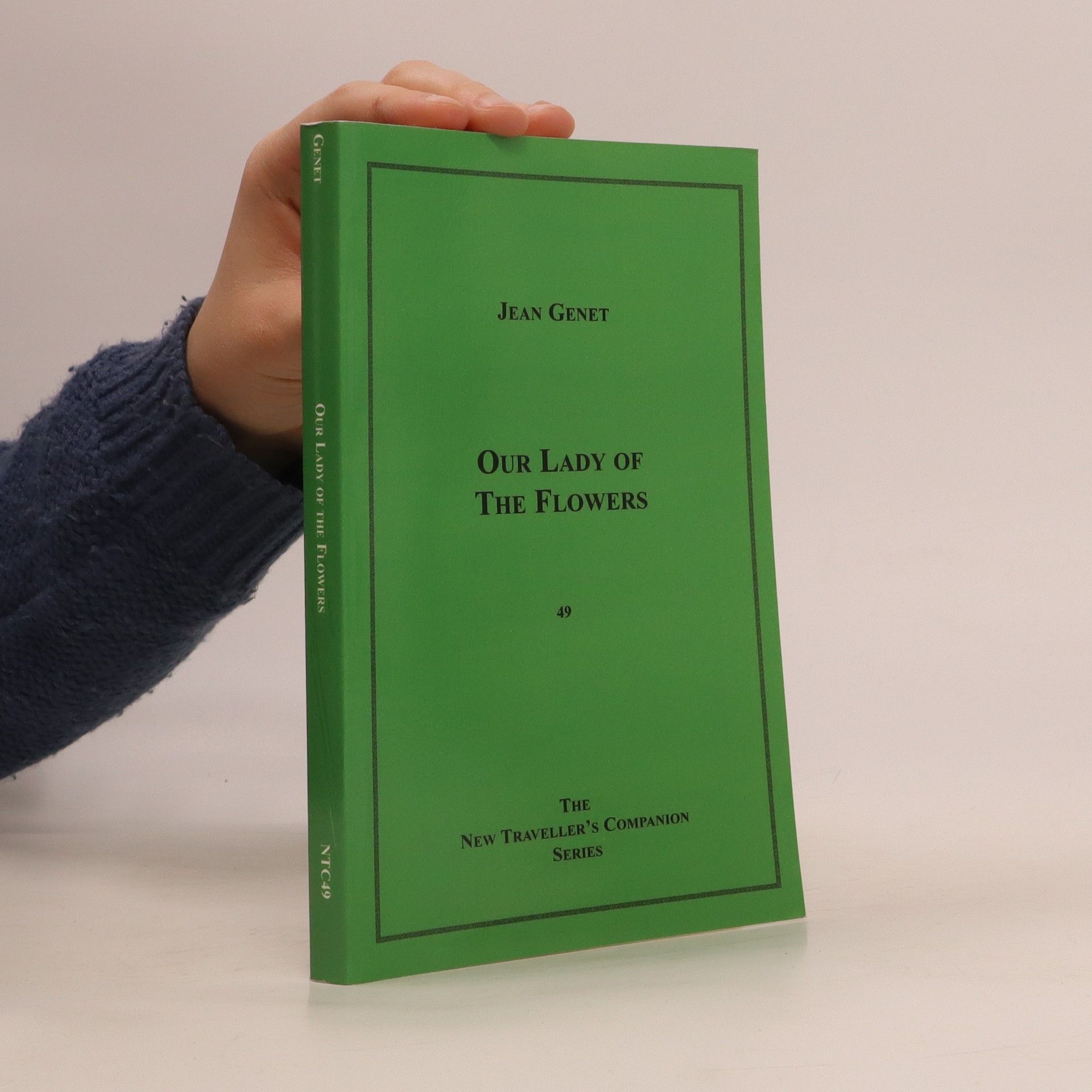Jean Genet Knihy
Jean Genet bol jedným z najvýznamnejších francúzskych spisovateľov dvadsiateho storočia, známy ako básnik, prozaik, dramatik a politický esejista. Jeho diela, z ktorých mnohé boli vo svojej dobe považované za škandalózne, sú dnes zaradené medzi klasiku modernej literatúry. Genet sa vo svojej tvorbe zameriava na témy postáv na okraji spoločnosti a skúma zložitosti morálky a identity. Jeho jedinečný štýl, plný provokatívnych obrazov a silných emócií, zanechal nezmazateľnú stopu v literárnom svete.







Zpřísněný dozor
- 70 stránok
- 3 hodiny čítania
Drama Jeana Geneta se odehrává ve vězeňské cele a jeho aktéry jsou 4 mladí muži - tři vězni a jeden dozorce.
Querelle
- 276 stránok
- 10 hodin čítania
Querelle of Brest was first published anonymously in 1947 and limited to 460 numbered copies. It is set in the midst of the port town of Brest, where sailors and the sea are associated with murder. Its protagonist, Georges Querelle, is a bisexual thief, prostitute, and serial killer who manipulates and kills his lovers for thrills and profit. The novel formed the basis for Rainer Werner Fassbinder's last film, Querelle (1982)
Widely considered an outstanding and unique figure in French literature, Genet wrote five novels between 1942 and 1947, now being republished by Faber & Faber in beautiful new paperback editions. Jean Genet began to write his third novel in 1943, but it was to be changed utterly by the death of Jean Decarnin.
Writing in the intensely lyrical prose style that is his trademark, the man Jean Cocteau dubbed France's 'Black Prince of Letters' her reconstructs his early adult years- time he spent as a petty criminal and vagabond, traveling through Spain and Antwerp, occasionally border hopping across the rest of Europe, always one step ahead of the authorities.
Dvě hry (Balkón, 1956; Černoši, 1958) francouzského autora, o němž Jean-Paul Sartre napsal životopis pod názvem Svatý Genet, herec a mučedník. Hry s převrácenými mravními hodnotami, o nichž se v doslovu J. Konůpka říká: „Každá Genetova hra se jeví jako rituál, posvátný obřad, jako jakási mše, arci černá, v níž její sloužící-herci velebí, povznášejí, vysvěcují zlo. Hodnoty jsou tu dokonale obráceny: peklo je rájem, temnoty jasem, neřest jedinou ctností. Vrah je světec, na němž ulpívá milost zločinu, a odsouzen za svůj zločin dostává aureolu mučedníka.“
Prisoner of Love
- 430 stránok
- 16 hodin čítania
Starting in 1970, Jean Genet—petty thief, prostitute, modernist master—spent two years in the Palestinian refugee camps in Jordan. Always an outcast himself, Genet was drawn to this displaced people, an attraction that was to prove as complicated for him as it was enduring.Prisoner of Love, written some ten years later, when many of the men Genet had known had been killed, and he himself was dying, is a beautifully observed description of that time and those men as well as a reaffirmation of the author's commitment not only to the Palestinian revolution but to rebellion itself. For Genet's most overtly political book is also his most personal—the last step in the unrepentantly sacrilegious pilgrimage first recorded in The Thief's Journal, and a searching meditation, packed with visions, ruses, and contradictions, on such life-and-death issues as the politics of the image and the seductive and treacherous character of identity. Genet's final masterpiece is a lyrical and philosophical voyage to the bloody intersection of oppression, terror, and desire at the heart of the contemporary world.
Our Lady of the Flowers
- 307 stránok
- 11 hodin čítania
Jean Genet's seminal Our Lady Of The Flowers (1943) is generally considered to be his finest fictional work. The first draft was written while Genet was incarcerated in a French prison; when the manuscript was discovered and destroyed by officials, Genet, still a prisoner, immediately set about writing it again. It isn't difficult to understand how and why Genet was able to reproduce the novel under such circumstances, because Our Lady Of The Flowers is nothing less than a mythic recreation of Genet's past and then - present history. Combining memories with facts, fantasies, speculations, irrational dreams, tender emotion, empathy, and philosophical insights, Genet probably made his isolation bearable by retreating into a world not only of his own making, but one which he had total control over.
Miracle of the Rose
- 279 stránok
- 10 hodin čítania
This nightmarish account of prison life during the German occupation of France is dominated by the figure of the condemned murderer Harcamone, who takes root and bears unearthly blooms in the ecstatic and brooding imagination of his fellow prisoner Genet. Miracle of the Rose (in French: Miracle de la rose ) focuses on Genet's experiences as a detainee in Mettray Penal Colony and Fontevrault prison - although there is no direct evidence of Genet ever having been imprisoned in the latter establishment. This autobiographical work has a non-linear structure: stories from Genet's adolescence are mixed in with his experiences as a thirty year old man at Fontevrault prison. Genet was detained in Mettray Penal Colony between 2 September 1926 and 1 March 1929, after which, at the age of 18, he joined the Foreign Legion.



